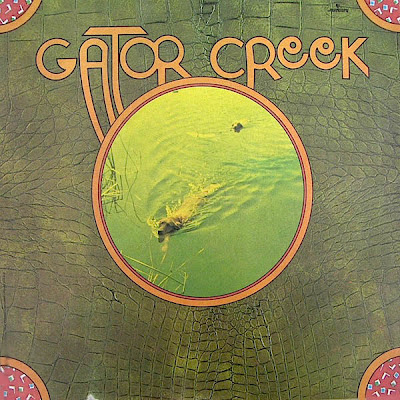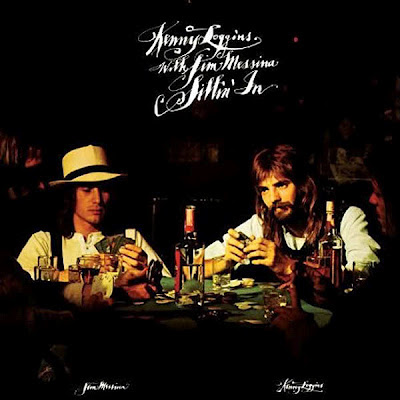Here’s another Original Version of a hit record, and yet another case where Wikipedia gets it wrong, and, because they get it wrong, thousands of other blogs and bio websites also get it wrong, sometimes even copying the Wikipedia statements word for word. Of course, my sources could be wrong instead — but I doubt that.
What Wikipedia says is what most people believe, that Danny’s Song was written by Kenny Loggins as a gift for his brother Danny following the birth of Danny’s son, Colin. Actually, Kenny wrote the song as a wedding gift for Danny and his wife. Danny’s son Colin was already three years old at the time. The wedding invitations read, “Colin Loggins is pleased to announce the marriage of his Mom and Dad.” Kenny claimed that was the only gift he could afford to give at the time!
Wikipedia also says that the song first appeared on the November 1971 debut album for Loggins And Messina called Sittin’ In. While a version of the song did appear on that album, it was the second time Kenny Loggins sang it on a record. Today’s New Oldie was the original version, sung by Kenny while he was with an earlier group called Gator Creek. It was on their first and only album from 1970.
Here’s Danny’s Song by Gator Creek on Mercury LP 61311 from 1970:
Gator Creek was an incredible lineup of Los Angeles studio musicians. It featured Kenny Loggins on vocals and guitar, Allen Beutler on sax, Dee Barton and Mike O’Martin on keyboards, Mike Deasy on guitar, Mike’s wife Kathy Deasy on vocals and percussion, Ray Neapolitan on bass, and Nick Ceroli and Gene Pello on drums. Most of these folks had already played on hundreds of sessions by the time they made this album. The exceptions were Kenny Loggins and Mike O’Martin, later known as Mike Omartian, producer of Christopher Cross, Michael Bolton, Whitney Houston, Rod Stewart, and Donna Summer, among many others. Those two gentlemen were fairly new to the music business at the time. Most of the songs on the album were written by Dee Barton, but not Danny’s Song. That one belongs to Kenny Loggins.
Here’s the Loggins And Messina version from the Capitol LP, Sittin’ In, from 1971:
When the song became a huge hit for Anne Murray in 1973, she included only a couple of the verses. After that, Kenny would usually sing just those two verses as well when he included the song in concerts. Kenny’s later version with Jim Messina inserts a second verse, which is the one that causes the most debate among Kenny Loggins fans.
Seems as though, a month ago, I was Beta-Chi,
Never got high.
Oh I was a sorry guy.
And now, I smile and face the girl that shares my name.
Now I’m through with the game.
This boy will never be the same.
Kenny’s brother Danny attended Cal State University but nobody can figure out which fraternity he belonged to, if any. There didn’t appear to be a Beta-Chi fraternity in the late 1960’s or early 1970’s. It could be abbreviated. If anyone knows the truth about this, please let us know.
Anne Murray’s hit version appeared on her Talk Of The Town album and released as a single on Capitol 3481 from 1973. This video is from around the time she first released the song and, if you listen to her story, it seems she has the story a bit wrong as well. OK. Maybe my information is wrong and everyone else is correct. But I still trust my sources on this one.
It’s time to rediscover the wonderful music of Kenny Loggins and Jim Messina, not to mention Anne Murray. If you don’t own these albums, I suggest you go immediately to the iTunes music store and buy them. At least preview them! This music is timeless and beautiful.
You can hear all the early work from these guys on MusicMaster Oldies. For Kenny Loggins, this includes his early work with the band called Second Helping, through Gator Creek, to Loggins And Messina. For Jim Messina, there’s his early band called The Jesters, to Buffalo Springfield, where he played bass starting in 1968, to Poco, then Loggins And Messina. I would include Kenny’s cousin, Dave Loggins, and his hit, Please Come To Boston, but it’s a bit too new. It’s from 1974 and MusicMaster Oldies stops at 1973. Of course, with a bit of persuasion from the audience, I could add another year’s worth of great music!



